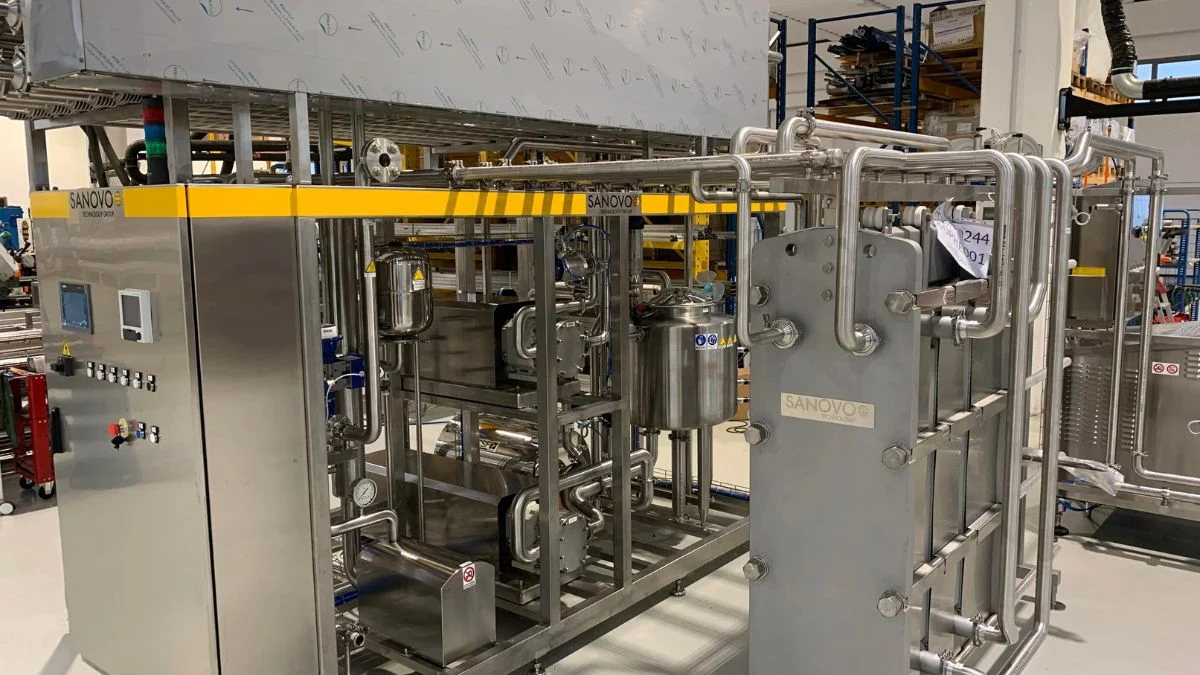Lyras has introduced a groundbreaking technology that promises to revolutionize energy consumption in the dairy industry. By utilizing UV-driven raslysation instead of traditional heat treatment, dairy businesses can achieve a staggering 91% reduction in energy consumption while ensuring full microbial control in processing water.
One of the key advantages of Lyras’ technology is its ability to eliminate the risks of glass contamination, providing a safer alternative to pasteurization. The raslysation system is designed to prevent direct contact between the treated liquid and the ultraviolet lamps, ensuring the safety and purity of the water.
Raslysation offers significant benefits for opaque liquids such as brine, whey, and juice, as it preserves the valuable proteins in their original form. This is in contrast to traditional heat treatment methods, which can degrade proteins and other sensitive components.
Beyond its energy-saving benefits, raslysation also enhances production processes by increasing yield and automation. For example, when used as a replacement for depth filtration in enzyme solutions, raslysation can improve efficiency and product quality.
Lyras’ ultimate goal is to implement raslysation technology across the global process industry, contributing to a reduction in the world’s total CO₂ emissions and enhancing food safety on a global scale. Already, raslysation systems have been successfully installed in companies across Europe, Australia, and the USA, highlighting the technology’s effectiveness and potential impact.
With its ability to effectively inactivate all microorganisms and replace traditional heat treatment methods, raslysation is poised to revolutionize the way food business operators approach processing water quality. By offering a safer, more efficient, and environmentally friendly solution, Lyras is leading the way towards a more sustainable future for the dairy industry.


